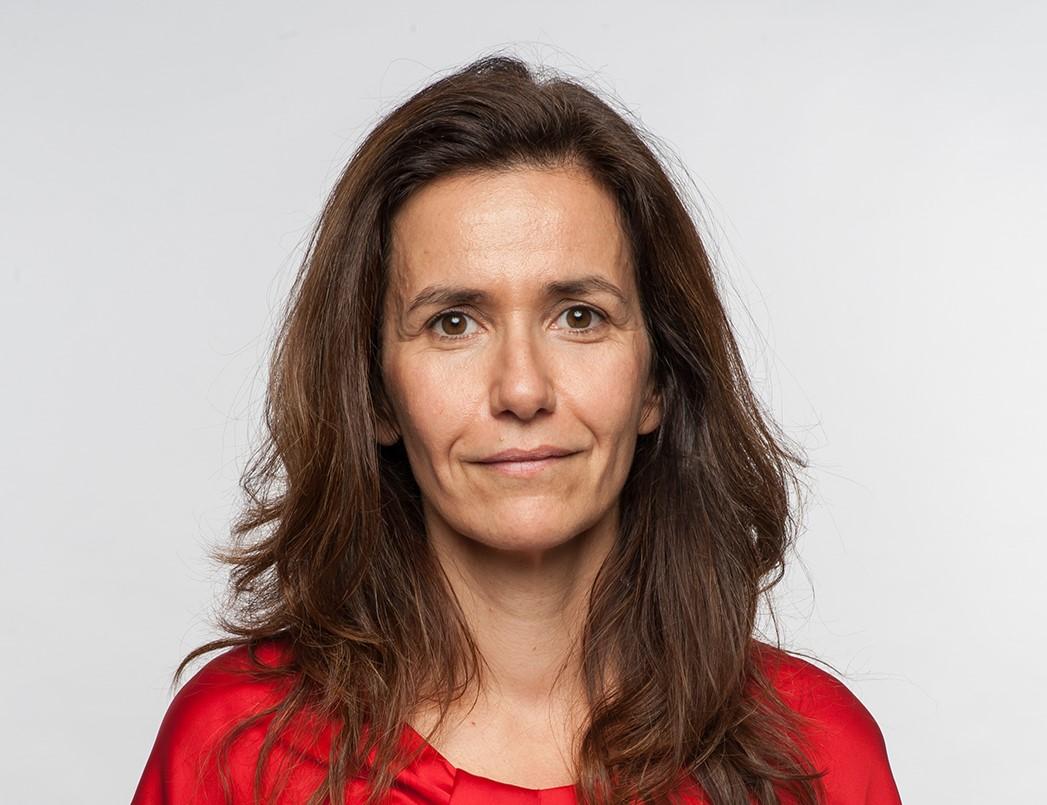We organized a research workshop for young researchers on 5 December 2019.
Schedule:
08:30-10:30 – Discussion of manuscripts 1A-1D
10:30-11:00 – Coffee break
11:00-13:00 – Discussion of manuscripts 1E-1G
13:00-14:00 – Lunch (for presenters)
14:00-16:00 – Discussion of manuscripts 2A-2D
16:00-16:30 – Coffee break
16:30-18:30 – Discussion of manuscripts 2E-2G
18:30-19:30 – A visit to the Christmas market (voluntary)
19:30-22:30 – Group dinner (self-paid) based on RSVP
The research workshop will be open to the public.
Participants are expected to stay through Friday 6th December 2019. They will be part of the annual SVT symposium on 6th December 2019, which will feature two 45-minute panel discussions about the thematic sessions.
Workshop and associated call for papers
Call for papers for a special issue in Palgrave Communications on Ethics of Quantification: Big Data and Governing through Numbers.
Prospective authors should submit a 200 word abstract and a short biography to the Collection Editors in the first instance. Authors whose proposals are deemed suitable will be invited to submit full manuscripts by 31st January 2020.
On the theme and the workshop
The intermeshing of algorithms and big data increasingly blurs distinctions between different forms of quantification. As Berman and Hirschman (2018) enquire: “What qualities are specific to rankings, or indicators, or models, or algorithms?” Quantification has recently come under intense scrutiny for perceived misuse of existing methodologies. Algorithms pose the risk of non-transparent, oft-proprietary tools used in decision-making and for policy support. The convulsions of significance testing in statistics have received wide attention. Mathematical modelling is a field with severe uncharted problems. Much quantification carries the conundrum that, without representing context and purpose of production, numbers can obfuscate as much as illuminate. Yet measurements generate traction for issues, hence acting within society often requires an appreciation of and entanglement with data politics (Bigo, Isin and Ruppert 2019). Is time ripe for an ethics of quantification?
As Dencik et al. (2019) point out, the way data and society act upon each other is changing the meaning of justice, specifically data justice for society. France’s Stat-Activisme movement aims to ‘fight against’ and ‘fight with’ numbers, using ‘statistical judo’, exposing the vacuity of existing metrics, and statistically identifying exclusion and neglect (Bruno et al., 2014). Markham, Tiidenberg and Herman (2018) warn that a grand narrative around data analytics accords truth value to knowledge based on objectivity claims and sheer volume, obscuring processual human decisions. They forge ways to work with the awareness that societal interventions based on assumptions about big data constitute an accountability crisis, as algorithmic governance becomes ubiquitous. Hesse et al. (2019) think through the continuing relevance of qualitative data. They advocate for methodological diversity, contextualised and inclusive research, nuanced discussion of ethical dilemmas that transcend legality, translocal and transdisciplinary conversations, and responsible research and data infrastructures.
To deepen examination of the issues flagged by these path-breaking forays, the workshop features thematic sections on (1) artificial intelligence (AI) and big data, and (2) governing subjects through numbers.
AI and big data
Discussants: Theodore Porter (University of California Los Angeles), Ana Viseu (Universidade Europeia and University of Lisbon)
Session chair: Kjetil Rommetveit
The eight manuscripts in this session focus on ethical concerns implicated in the act of quantification itself. They reflect on the ethics of algorithms and feature ontological emphases. The session is centred around the following three questions:
How pervasive are AI and big data in 21st century life: in advertisements, news feeds, information access, personal search histories, social media cookies and cloud-based personal data repositories?
How does AI impact one’s cognitive capacity and privacy, what is lost and what is gained?
How does AI differ from people’s tendency to prioritise and privilege ‘similar others’, and what implications does this hold for standards and regulations around the expanding use of AI and big data?
Contributions include:
1A. How to assign weights to values? Some challenges in justifying artificial explicit ethical agents – Silviya Serafimova
1B. Quantified visual surveillance: Reading power and ethics through fictional cases – Jill Walker Rettberg
1C. Ethical aspects of machine learning and artificial intelligence (tentative title) – Samuele Lo Piano
1D. S&T indicators in the wild: Contextualization and participation for responsible metrics – Ismael Ràfols
1E. Why Big Data is a dead end – Ragnar Fjelland
1F. Smart ‘meeters’: Democratising the dehumanisation moment of post-automation energy systems – Siddharth Sareen
1G. Building trust in artificial intelligence through ethics? A critical look into EU institutional ethics –Raphael Gellert and Kjetil Rommetveit
Governing subjects through numbers
Discussants: Catherine Paradeise (Université Paris-Est Marne-la-Vallée), Andrea Saltelli (University of Bergen)
Session chair: Mimi Lam
The eight manuscripts in this session are concerned with sociological aspects of the ethics of quantification. They emphasise how various acts of quantification interact with situated subjects. The session is built around these three questions:
What is measured and quantified about the body as a subject and about related subjects – e.g., consumption, metrical performance, environmental interaction, death – and why?
How does measurement relate with subjecthood? What does quantification do to subjects?
What cross-sectoral challenges does measurement draw attention to, and how does it impact public understandings and the evolution of specific societal domains? What forms of resistance are possible?
Abstracts include:
2A. The three-star public: Ratings apps and the quantification of self and other – Elizabeth Chatterjee and Thomas Hodgson
2B. Quantification as sociotechnical imaginary: European drug policy, liberal biopolitics and the measurement of harm – Adam Standring
2C. Quantification as intervention in grassroots activism (tentative title) – Gerald Aiken
2D. The ethics of maternal and child death quantification in Ethiopia: A study of the Maternal and Perinatal Death Surveillance and Response System – Andrea Melberg
2E. ‘Ending AIDS’ through metrics: Measuring nations and measuring lives, and the role of quantification for both – Tony Sandset
2G. Quantifying research quality – Mimi Lam
To link the two thematic sessions, Siddharth Sareen will anchor the workshop. Selected abstracts will be part of an edited collection, based on a proposal submitted to a leading publisher in advance of the workshop. Full draft manuscripts are due by 10th November 2019 to enable pre-circulation among the workshop participants. We envisage revised manuscript submission for peer review in late January 2020 (editors Siddharth Sareen, Andrea Saltelli and Kjetil Rommetveit).
References
Berman, E. P. and Hirschman, D. 2018. The sociology of quantification: Where are we now? Contemporary Sociology: A Journal of Reviews 47 (3): 257-266.
Bruno, I., Didier, E. and Prévieux, J. 2014. Stat-Activisme. Comment Lutter Avec Des Nombres. Paris: Zones, La Découverte.
Bigo, D., Isin, E. and Ruppert, E. 2019. Data Politics: Worlds, Subjects, Rights. London: Routledge.
Markham, A.N., Tiidenberg, K. and Herman, A. 2018. Ethics as methods: Doing ethics in the era of big data research – Introduction. Social Media+ Society 4 (3): 2056305118784502.
Hesse, A., Glenna, L., Hinrichs, C., Chiles, R. and Sachs, C. 2019. Qualitative research ethics in the big data era. American Behavioral Scientist 63 (5): 560-583.
Dencik, L., Hintz, A., Redden, J. and Treré, E. 2019. Exploring Data Justice: Conceptions, Applications and Directions. Information, Communication & Society 22 (7): 873-881.




